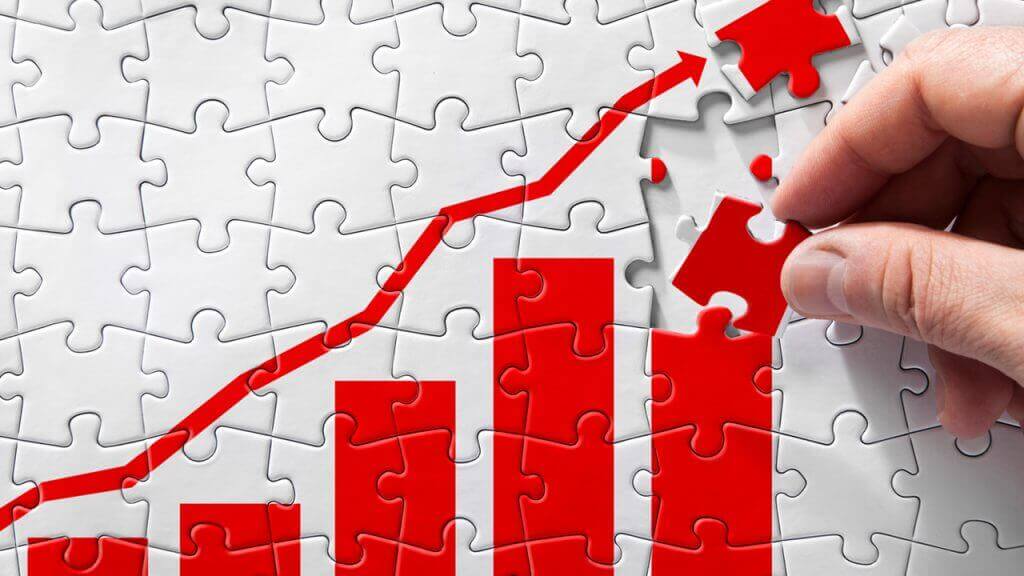
As unpredictable as it can be at times (especially through the COVID-19 pandemic), forecasting is still an important part of running a hotel and being able to make strategic revenue management decisions.
NB: This is an article from SiteMinder
Hotel revenue forecasting is a method that is used to help you determine your property’s future demand and revenue performance. By analysing past and present data, forecasting enables you to predict future outcomes and gives you the opportunity to correct past mistakes, maximise profit, and be prepared for disruptions or unforeseen events.
Subscribe to our weekly newsletter and stay up to date
Why should your hotel use forecasting?
You need to use forecasting at your hotel to inform your pricing and revenue strategies. Without undertaking accurate forecasting, you’ll have no accuracy when it comes to predicting your future booking volume.
Without a forecast, you’ll also be flying blind as you plan and implement your rates, promotions, and packages for the upcoming months.
A good forecast will help you make the most of peak periods and help you through low periods easier.
How can you forecast effectively at your hotel?
The outcome of your forecasting should always be the ability to react to market changes, optimise occupancy, and maximise revenue.
Doing this effectively means you have to consider a number of factors such as key revenue metrics like occupancy, room nights, and average daily rates; but also staff allocation and resourcing. The more data you can gather, the less uncertainty you’ll have and the stronger your plans will become.
However it’s important to remember that your forecast should not be static. You should perform weekly or monthly reviews as new information comes to hand and constantly measure performance, looking at what went right and wrong. This allows you to make adjustments to your strategy and update your forecasts to drive even better results.
The basis for your forecast should be historical performance and market trends. With these you can draw conclusions about what you missed, what you can expect, and how you can improve in the next month, quarter, or year.




